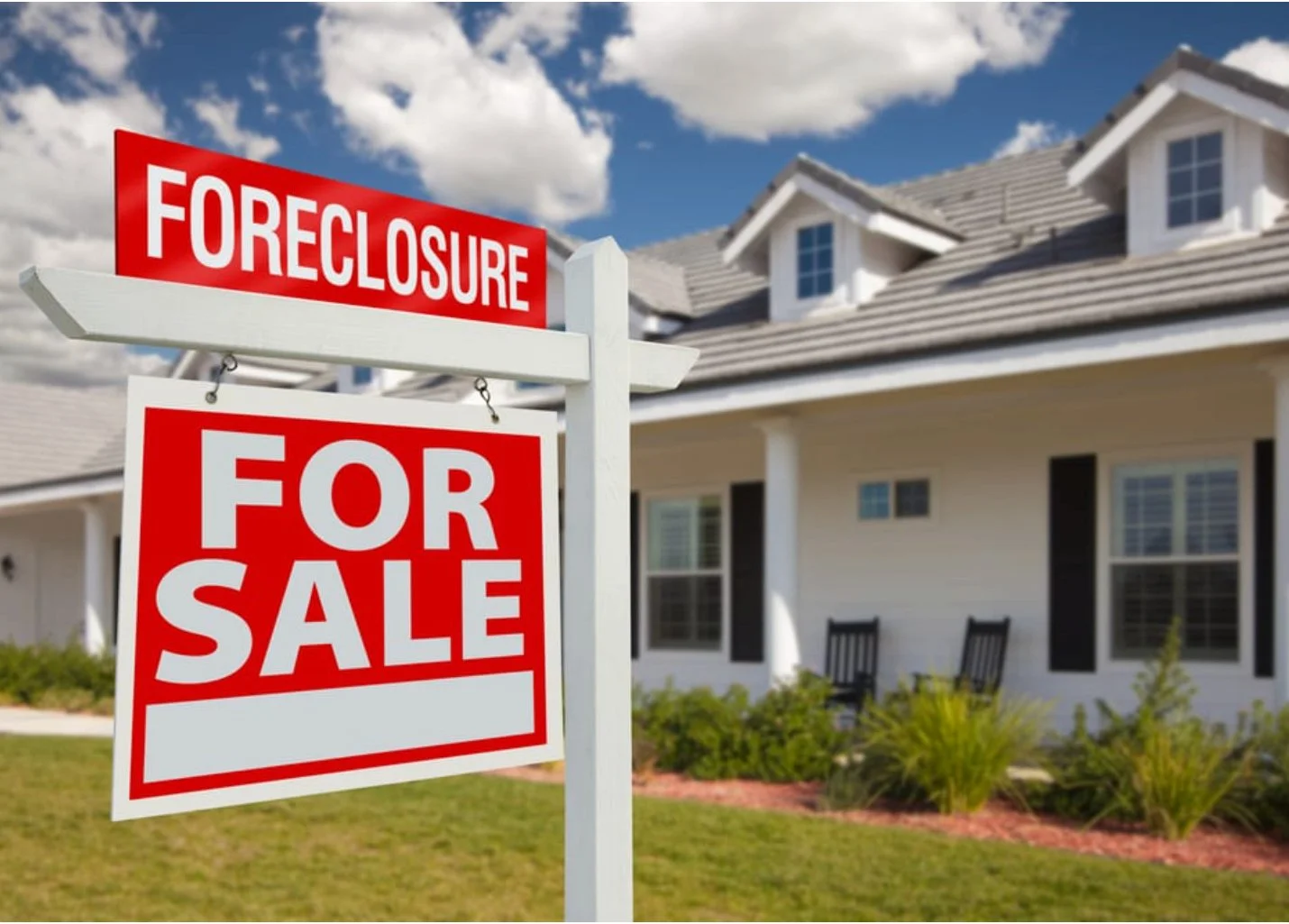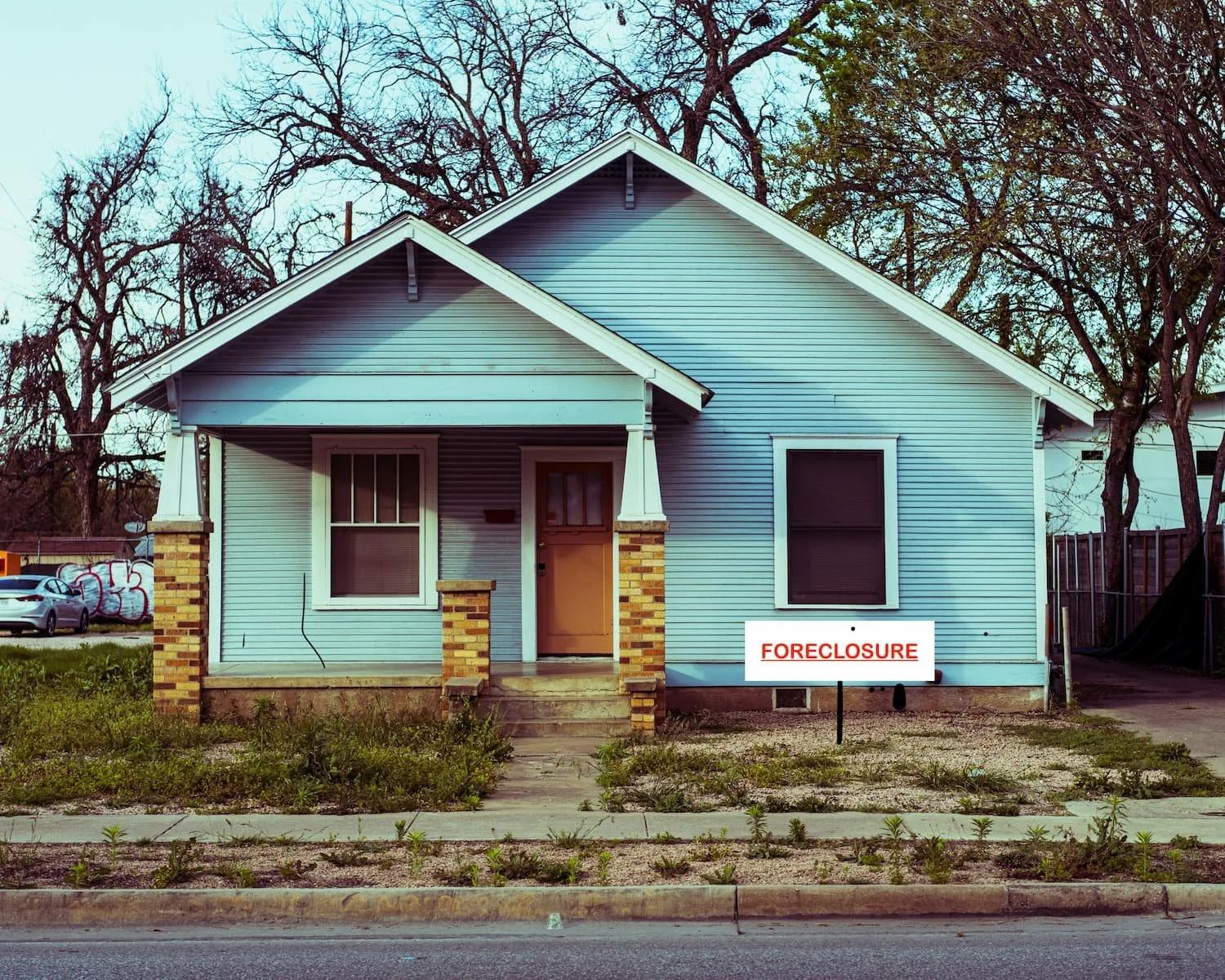Benefits of Investing in Foreclosed Homes
Real estate is one of the best ways to build wealth. But have you ever thought about the potential of foreclosed home investment? These properties can offer a great opportunity for investors willing to do their homework.
Foreclosed homes are properties taken back by lenders when owners default on their mortgages. Because lenders want to recover their money quickly, these homes often sell below market value, creating great deals for buyers.
Like any investment, buying foreclosed homes comes with risks. Doing proper research is essential to avoid unexpected costs and problems. This guide will explore the benefits, strategies, and risks of investing in foreclosed homes to help you decide if it’s right for you.
What Are Foreclosed Homes?
Foreclosed homes become available when homeowners fail to make mortgage payments. The lender then reclaims the property through a legal process known as foreclosure. These homes may sit vacant for months or even years, meaning they often need repairs before they’re move-in ready.
Investors can buy these homes at auctions, through bank listings, or from government agencies. Each purchase method has its pros and cons, so understanding your options is key.
How to Find Foreclosed Properties
There are several ways to find foreclosed properties. Here are the most common methods:
Foreclosure Auctions: Homes are sold to the highest bidder, usually “as-is,” meaning no repairs are made beforehand.
Bank-Owned Properties: Many banks list foreclosed homes on their websites. These properties are often in better shape than auctioned homes.
Real Estate Agents: Agents with experience in foreclosed home investment can provide valuable insights and access to exclusive listings.
Government Websites: Agencies like Fannie Mae and HUD list foreclosures at discounted prices.
Using a mix of these resources can increase your chances of finding the best deals.
Advantages of Foreclosed Homes as Investment Properties
Foreclosed homes can be a smart addition to any real estate portfolio. Here are the top benefits:
Lower Prices – Foreclosed homes often sell for less than their market value, allowing investors to buy property at a discount.
Equity Growth – With the right improvements, these homes can quickly increase in value.
Portfolio Diversification – Investing in foreclosures allows investors to enter markets that might otherwise be too expensive.
Multiple Investment Strategies – Investors can flip, rent, or hold onto these properties depending on their goals.
Less Competition – Many buyers avoid foreclosed properties due to their complexities, reducing competition and increasing opportunities for savvy investors.
1. Lower Purchase Price
One of the biggest advantages of foreclosed home investment is the ability to buy properties at a discount. Lenders aren’t looking to make a profit—they just want to recover their losses. This often results in lower prices compared to similar homes on the market.
For investors, this means a lower initial investment, making it easier to turn a profit whether you choose to rent or resell the property.
2. Equity Growth Potential
Foreclosed homes often need repairs, but this presents a great opportunity. By making strategic improvements, investors can quickly increase a home’s value and build equity. This equity can be used for refinancing, taking out loans for future investments, or increasing rental rates.
Even small upgrades like fresh paint, new flooring, or updated kitchens and bathrooms can significantly boost the home's market value.
3. Portfolio Diversification
If you’re looking to expand your investment portfolio, foreclosures offer a unique opportunity. Since they cost less upfront, investors can spread their money across multiple properties instead of putting everything into one high-priced home.
Real estate also serves as a great hedge against stock market volatility, making it a stable long-term investment.
Key Investment Strategies for Foreclosed Homes
There are several ways to profit from foreclosed home investments. The right strategy depends on your goals, budget, and risk tolerance.
Flipping for Quick Profits – Buy a home, renovate it, and sell it at a higher price.
Holding for Rental Income – Buy a home and rent it out for steady cash flow.
Renovate and Refinance – Improve the property and take out a loan against its new value.
Auction Bargains – Find undervalued properties at foreclosure auctions for the best deals.
Let’s break down two of the most popular strategies:
Flipping for Profit
Flipping involves buying a foreclosed home, making renovations, and selling it for a profit. If done correctly, flipping can be highly rewarding. The key is knowing which properties have the most potential and how much renovations will cost.
Some tips for successful flipping:
Buy in high-demand areas with good resale potential.
Stick to a renovation budget to avoid over-improving.
Work with experienced contractors to speed up the process.
Holding for Rental Income
Renting out a foreclosed home is another solid strategy. Rental properties provide steady monthly income and long-term appreciation. Since foreclosed homes are often cheaper to buy, it’s easier to generate positive cash flow.
Key factors to consider:
Location: Pick areas with strong rental demand.
Condition: Calculate repair costs before buying.
Cash Flow: Ensure rent covers mortgage payments, taxes, and maintenance.
Over time, rental properties can generate passive income and grow in value, making them a great option for long-term investors.
Risks and Challenges of Foreclosed Home Investments
While foreclosures offer many benefits, they also come with risks. Understanding these risks can help you avoid costly mistakes.
Property Condition – Many foreclosures are left in poor shape. Some need extensive repairs, which can add to the cost.
Legal Issues – Some foreclosed homes have liens or unpaid taxes, which could become the buyer’s responsibility.
Market Fluctuations – The real estate market can change, affecting your home’s value.
Unexpected Costs – Hidden problems like mold, plumbing issues, or structural damage can lead to higher expenses than expected.
Assessing Property Condition
Unlike traditional home sales, foreclosures are usually sold “as-is.” This means no repairs are made before purchase. A thorough inspection is critical to avoid buying a money pit.
Check for:
Roof and foundation issues
Plumbing and electrical problems
Mold or water damage
Pest infestations
If possible, bring a contractor to estimate repair costs before making an offer.
Legal and Financial Considerations
Some foreclosures have legal complications, such as liens from unpaid property taxes or homeowners’ association fees. Before buying, research the home’s title and consider hiring a real estate attorney to uncover any hidden legal issues.
Financially, it’s important to budget for repairs, taxes, and potential delays in reselling or renting the property. Proper planning can help minimize risks and maximize returns.
Is Foreclosed Homes Investment Right for You?
Investing in foreclosed homes can be highly profitable, but it’s not for everyone. It requires patience, research, and the ability to handle potential setbacks. If you’re willing to put in the effort, the rewards can be substantial.
Before jumping in, ask yourself:
Am I comfortable handling renovations and repairs?
Do I have the time to research and manage the investment?
Am I financially prepared for unexpected costs?
If you answered “yes” to these questions, foreclosed home investment could be a smart way to grow your wealth. With the right approach, you can turn distressed properties into valuable assets and build a successful real estate portfolio.




